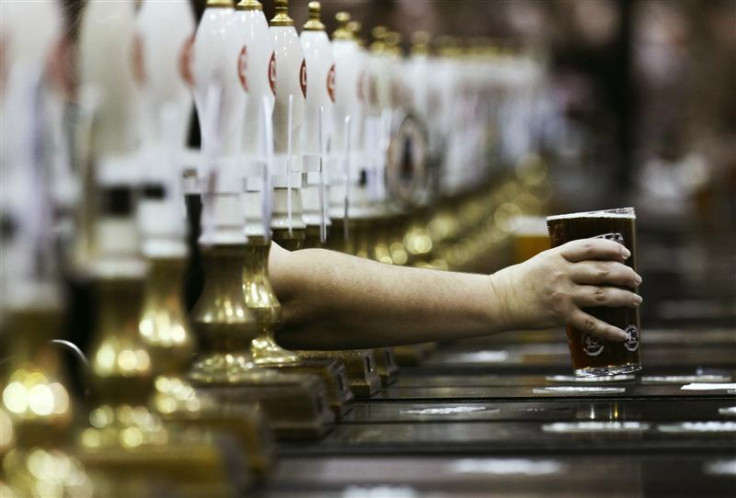Beer can be used to create sustainable petrol, scientific study shows
Ethanol in beer may hold key to production of alternative fuel, scientists suggest.

Beer can be used to help create a sustainable form of petrol, according to a team of scientists from the University of Bristol.
In fresh research published today (6 December) the academics said they had experimented with converting widely available ethanol into butanol – one of the best-known alternative fuel sources to petrol.
While ethanol is currently in use blended into gasoline sold in the US, it mixes too easily with water and can corrode car engines.
But the team, led by Professor Duncan Wass, said it had been successful in creating a catalyst that could turn beer - or, specifically, the ethanol in beer - into butanol.
"The alcohol in alcoholic drinks is actually ethanol - the same molecule that we want to convert into butanol as a petrol replacement," Wass explained.
"So alcoholic drinks are an ideal model for industrial ethanol fermentation broths - ethanol for fuel is essentially made using a brewing process.
"If our technology works with alcoholic drinks then it shows it has the potential to be scaled up to make butanol as a petrol replacement."
The basic process, the chemists said, had been demonstrated in laboratory conditions.
The next step would be to build and test the catalyst process on a much larger scale. This could, however, take at least five years, experts noted.
Wass continued: "We wouldn't want to use beer on an industrial scale and compete with potential food crops. But there are ways to obtain ethanol for fuel from fermentation that produce something that chemically is very much like beer.
"So beer is an excellent model to test our technology. Turning beer into petrol was a bit of fun, and something to do with the leftovers of the lab Christmas party, but it has a serious point.
"Beer is an excellent model for the mixture of the chemicals we would need to use in a real industrial process. It shows this technology is one step closer to reality."
The University of Bristol study was published in the journal Catalysis Science & Technology.






















